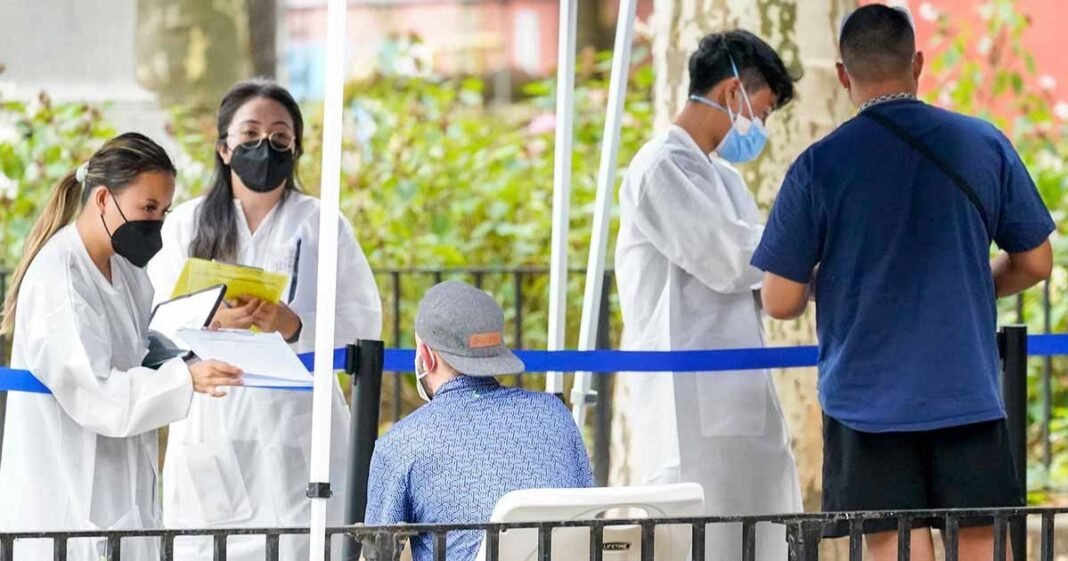The number of Monkeypox cases, previously known as monkeypox, has seen a significant rise in New York City starting in October, as highlighted by the city Department of Health and Mental Hygiene. The department, in a recent health advisory, noted a particularly sharp increase with January recording a high of 51 cases.
From October last year to mid-April, the city recorded an average of 36 cases each month. This is a substantial increase compared to the earlier part of 2023, during which monthly cases ranged from two to 20. Between October and April 15, a total of 256 cases were reported. Fortunately, the majority of these cases were mild, with only 10 individuals needing hospitalization.
Demographically, the outbreak has predominantly affected Black or Hispanic men aged between 25 and 44, particularly those who have sex with men. Furthermore, a significant portion of those infected, approximately 73%, either had not been vaccinated against Monkeypox or had only received one dose of the vaccine.
Mpox spreads through close skin-to-skin contact and the exchange of bodily fluids from infected individuals. The virus can manifest as a rash that appears on the hands, feet, chest, face, mouth, or near the genitals and can also be transmitted from animals to humans, according to information from the Centers for Disease Control and Prevention.
The recent uptick in cases represents a decrease from the global surge in 2022, which prompted the United States to declare a health emergency. During that period, over 31,000 Americans contracted Monkeypox, and there were 55 fatalities.
The health advisory also highlighted concerns about the potential introduction of the more virulent Clade I subtype of the virus into the U.S., especially following a recent outbreak in the Democratic Republic of the Congo. The threat is particularly noted in the context of international travel.
Globally, the World Health Organization reported that there were 95,226 laboratory-confirmed cases of Monkeypox, including 185 deaths, from January 1, 2022, through March 31, 2023. This data, published in a WHO report on April 30, underscores the ongoing challenge the virus poses to global health systems.
The city’s health department continues to monitor the situation closely, urging healthcare providers and the public to stay vigilant and follow recommended preventive measures. The advisory stresses the importance of vaccination as a critical tool in controlling the spread of Monkeypox, particularly among high-risk populations.
